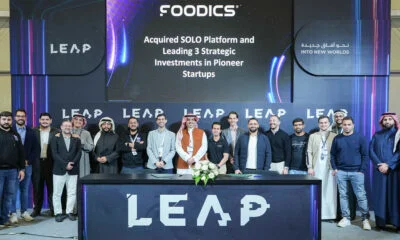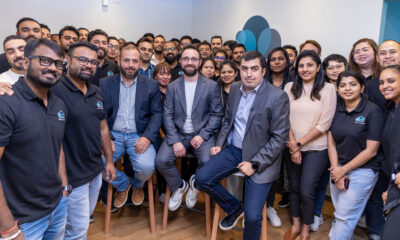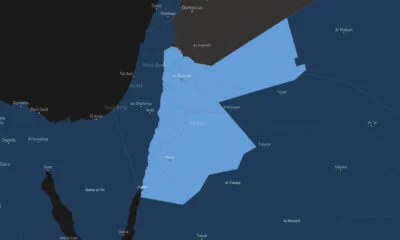News
Tech Startup Foodics Offers Smarter Restaurant Management
The Saudi company’s innovative solutions optimize restaurant operations, from ordering to payments, delivery, and more.
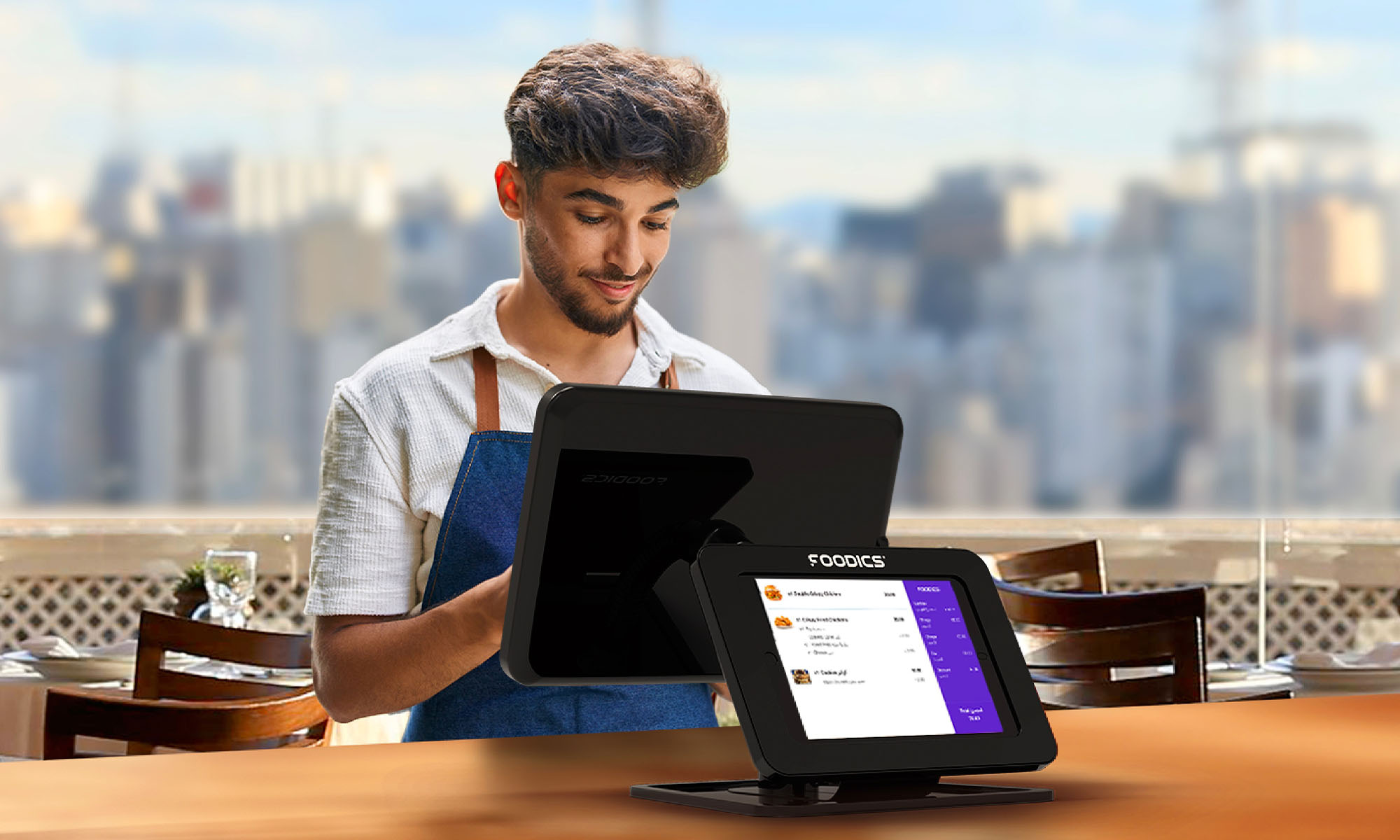
Foodics, a prominent player in the MENA restaurant management landscape, is transforming the food and beverage industry through its comprehensive, in-house developed Restaurant Management System (RMS).
Known for its strong presence within Saudi Arabia’s thriving startup ecosystem, Foodics already serves customers in over 35 countries. The company provides innovative hardware and software solutions designed to help restaurant owners optimize their operations.
Currently, Foodics offers more than 100 apps that seamlessly integrate into restaurant operations. These tools cover everything from front-of-house management and data collection to inventory tracking, menu creation, delivery coordination, and more.
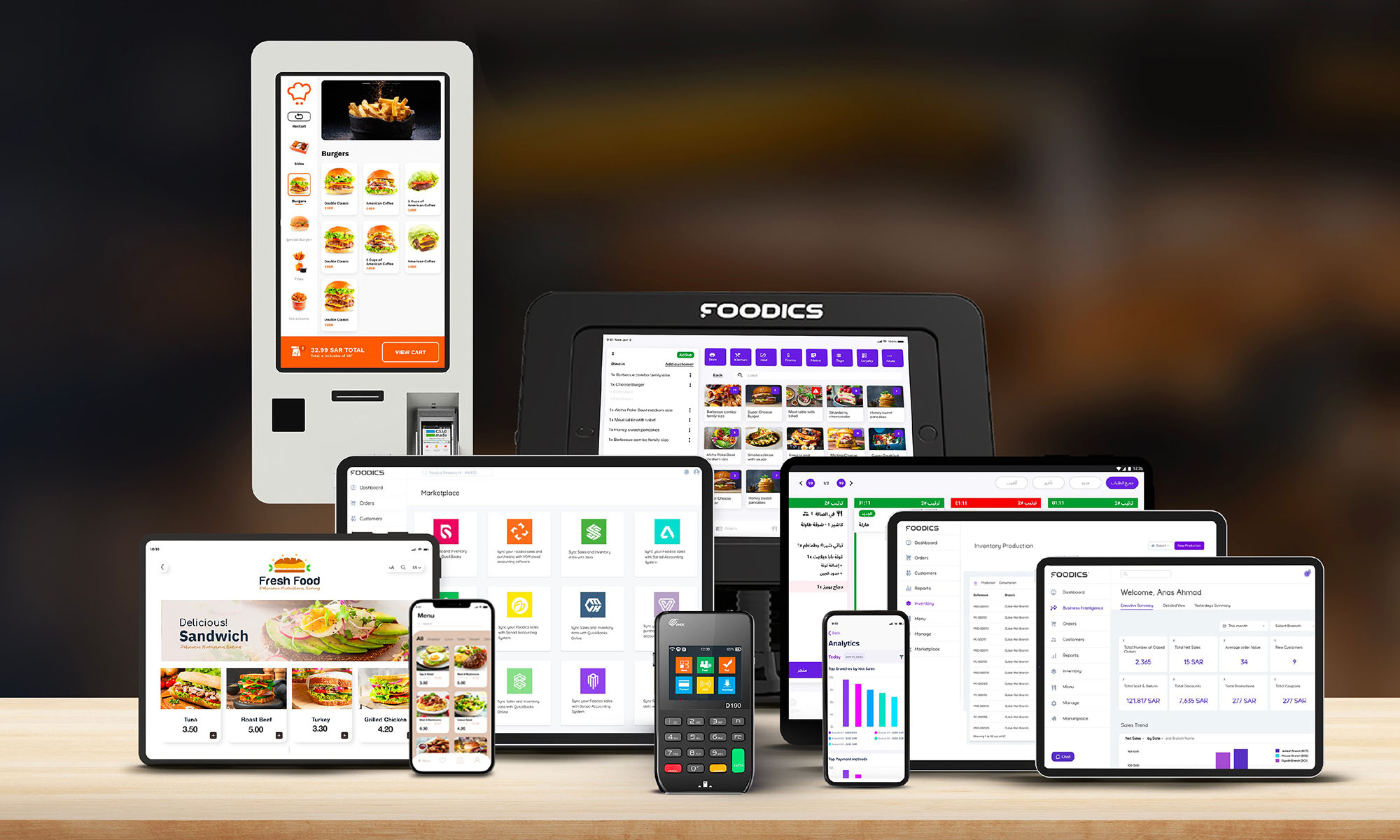
To further simplify customer ordering and payments, Foodics offers various specialized solutions. These include Foodics Online, a commission-free online ordering platform; Foodics Pay, which streamlines payment processes; Foodics Kiosk, a self-ordering and checkout system; Foodics Marketplace, a platform that partners with over 100 third-party apps for easy integration; and Foodics Accounting, a smart financial management tool designed to simplify accounting tasks.
“We sensed a lack of digitalization across the Saudi food and beverage sector in 2014, especially in the ordering process, including restaurants that were facing operational challenges. This inspired us to develop a fully integrated ecosystem to support the industry as we wanted to bring new technologies that change and enhance how people interact and connect with their favorite food brands,” comments Ahmad Al-Zaini, CEO and co-founder of Foodics.
Also Read: Healthtrip Expands Into Middle East To Boost Health Tourism
Today, more than 30,000 food and beverage outlets use the company’s services. In the UAE alone, approximately 1,850 restaurants rely on Foodics, with over 60% of these establishments having been clients for more than two years.
By focusing on creating efficiency and convenience, Foodics has had a significant impact on the Middle Eastern F&B sector. Their solutions have redefined the dining experience, from the moment customers place an order until the food is delivered to their table or doorstep.
News
Google Releases Veo 2 AI Video Tool To MENA Users
The state-of-the-art video generation model is now available in Gemini, offering realistic AI-generated videos with better physics, motion, and detail.

Starting today, users of Gemini Advanced in the MENA region — and globally — can tap into Veo 2, Google’s next-generation video model.
Originally unveiled in 2024, Veo 2 has now been fully integrated into Gemini, supporting multiple languages including Arabic and English. The rollout now brings Google’s most advanced video AI directly into the hands of everyday users.
Veo 2 builds on the foundations of its predecessor with a more sophisticated understanding of the physical world. It’s designed to produce high-fidelity video content with cinematic detail, realistic motion, and greater visual consistency across a wide range of subjects and styles. Whether recreating natural landscapes, human interactions, or stylized environments, the model is capable of interpreting and translating written prompts into eight-second 720p videos that feel almost handcrafted.
Users can generate content directly through the Gemini platform — either via the web or mobile apps. The experience is pretty straightforward: users enter a text-based prompt, and Veo 2 returns a video in 16:9 landscape format, delivered as an MP4 file. These aren’t just generic clips — they can reflect creative, abstract, or highly specific scenarios, making the tool especially useful for content creators, marketers, or anyone experimenting with visual storytelling.
Also Read: Getting Started With Google Gemini: A Beginner’s Guide
To ensure transparency, each video is embedded with SynthID — a digital watermark developed by Google’s DeepMind. The watermark is invisible to the human eye but persists across editing, compression, and sharing. It identifies the video as AI-generated, addressing concerns around misinformation and media authenticity.
While Veo 2 is still in its early phases of public rollout, the technology is part of a broader push by Google to democratize advanced AI tools. With text-to-image, code generation, and now video creation integrated into Gemini, Google is positioning the platform as a full-spectrum creative assistant.
Access to Veo 2 starts today and will continue expanding in the coming weeks. Interested users can try it out at gemini.google.com or through the Gemini app on Android and iOS.


